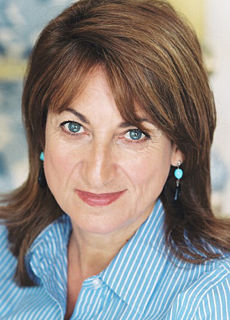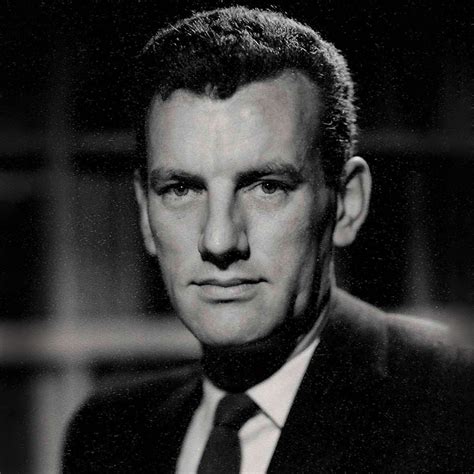A Quote by Marquis de Lafayette
The Emperor Napoleon, ascending gradually from his post of national magistrate to seat himself upon a throne without limits, seems to have wished to punish, as for the abuse of republican reforms, by making us feel all the weight of absolute monarchy.
Related Quotes
He was a foe without hate; a friend without treachery; a soldier without cruelty; a victor without oppression, and a victim without murmuring. He was a public officer without vices; a private citizen without wrong; a neighbor without reproach; a Christian without hypocrisy, and a man without guile. He was a Caesar, without his ambition; Frederick, without his tyranny; Napoleon, without his selfishness, and Washington, without his reward.
Some of us can accept others right where they are a lot more easily than we can accept ourselves. We feel that compassion is reserved for someone else, and it never occurs to us to feel it for ourselves. My experience is that by practicing without 'shoulds,' we gradually discover our wakefulness and our confidence. Gradually, without any agenda except to be honest and kind, we assume responsibility for being here in this unpredictable world, in this unique moment, in this precious human body.
There exists an infinite, eternal Being, subsisting of himself, who is one without being alone; for he finds in his own essence relations whence, with the necessary movement of his life, results the absolute plenitude of his perfection and his happiness. A Being unique and complete, God suffices to himself.
He was making her feel small and absurdly petulant and, worse yet, she suspected he was right. She always suspected he was right. For a brief irrational moment, she wished she could walk away from him. Then she wished, more rationally, that she could love him without needing him. Need gave him power without his trying; need was the choicelessness she often felt around him.
With the Republican Party`s presidential front-runner proposing that all Muslims should be banned from entering the United States, that perhaps there ought to be a national registry of Muslims, that we ought to looking into Muslims having to carry government ID cards that state their religion, now, the word fascist is being used to describe this ascending and leading Republican politician.
Of all the major religions, or lack thereof, the atheist's is one of the best pretenders: his foundation for all existences, as well as moral behaviors for the permanent good of mankind, begins at science but ends at himself, the Napoleon complex of both intelligence and imagination. On the other hand the anti-theist wouldn't survive without a deity beyond himself to hunt. He doesn't pretend, he simply nullifies his own position.
If man--if each one of us--abdicates his responsibilities with regard to values; if each one of us limits himself to leading a trivial existence in a technological civilization, with greater adaptation and increasing success as his sole objectives; if we do not even consider the possibility of making a stand against these determinants, then everything will happen as I have described it, and the determinates will be transformed into inevitabilities.
The stomach is the seat of all feeling. The heart is the seat of the conscience. The mind is the seat of the ego. Your body is the seat of the soul. When a man goes out in the night and looks up at the universe, he is observing a mirror of himself. The universe within us, is a reflection of the universe we see out our eyes.












































